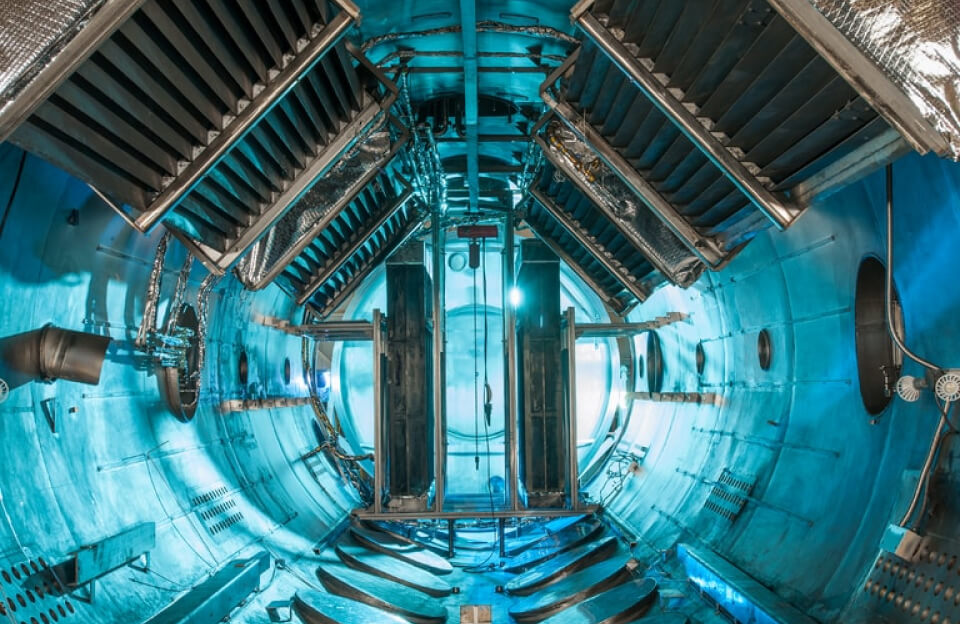ChatGPT said:
Here’s a breakdown of the recent and ongoing movement of scientists protesting U.S. federal policy under Trump — what they’re upset about, what actions they’ve taken, and what the stakes are. If you want I can focus on a specific agency (CDC, NIH, EPA, etc.) or what this might mean globally.
What’s going on
Scientists are increasingly speaking out, marching, and organizing in response to policy changes they believe severely undermine scientific research, public health, and environmental protections. Key events and actions:
-
“Stand Up for Science” rallies (March 7, 2025): Thousands of scientists and supporters gathered in over 30 U.S. cities and in some European locations. They protested cuts in funding, reductions in the scientific workforce, political interference, and the removal of evidence-based policies. Scientific American
-
Protests at universities: For example, Cornell scientists held demonstrations decrying policy shifts that threaten NIH (National Institutes of Health) funding and research. One issue: proposed cuts to “indirect costs” (funds that cover labs, staff support, infrastructure) which are essential for operations. WXXI News
-
Letters of dissent from agency employees:
- EPA employees signed a declaration opposing roll backs of environmental protections, loss of regulatory power, cuts to research, and threats to public health. AP News
- NIH scientists have also complained about interrupted grant funding, alleged political interference, and reductions in programs. One of their responses is the “Bethesda Declaration,” which demands the restoration of cancelled grants and better protection for scientific independence. The Washington Post+1
What they’re protesting / what their concerns are
Here are the main policy changes and actions that scientists say are harmful:
-
Funding cuts
-
Reductions in budgets for scientific agencies (NIH, EPA, NOAA etc.).
-
Scaling back or eliminating research grants, especially those related to public health, environmental protection, climate science, diversity/equity issues. WXXI News+2The Washington Post+2
-
-
Layoffs / workforce reductions
-
Agencies losing staff, including specialized scientists.
-
Fewer people to do peer review, field work, data collection, etc. This threatens both ongoing research and institutional memory. The Guardian+2AP News+2
-
-
Political interference / censorship
-
Allegations that scientific reports or agency communications are edited or suppressed if they conflict with government policy.
-
Removal or alteration of web content about climate change, environmental justice, health. The Union of Concerned Scientists+2Salon.com+2
-
-
Changes in grant policy / red-tape
-
Imposing new oversight or ideological vetting of grants (keywords like “diversity”, “transgender”, etc.) which leads to uncertainty. The Union of Concerned Scientists+2Salon.com+2
-
Delays or halts in disbursement of grant funds. WXXI News+2The Washington Post+2
-
-
Threats to core scientific/health/environmental missions
-
Scaling back environmental protections, weakening regulation of pollutants, climate science rollbacks. AP News+2The Union of Concerned Scientists+2
-
Disruption in public health research (vaccines, disease monitoring, etc.). The Washington Post+1
-
Stakes & Implications
-
Public health risk: Cuts to research, delays, or suppression of data can slow down or prevent response to health crises (disease outbreaks, environmental hazards).
-
Environmental damage: Weakened environmental protections or reduced ability to monitor pollution/climate change can lead to long-term harms (air, water quality, ecosystems).
-
Loss of trust and transparency: Scientific institutions are valued because of independence and credibility. If people believe scientific findings are being suppressed or manipulated, public trust can erode.
-
Brain drain / loss of talent: Scientists may leave federal agencies, academia, or even the U.S., seeking places where their work is supported.
-
Long-term consequences for innovation: Research drives technology, medicine, energy, etc. Weakening the funding or workforce now can have ripple effects down the line: fewer breakthroughs, slower progress.
Points of Contention & Defense
-
The administration contends many of its actions are about efficiency, reducing “waste, fraud, and abuse,” redirecting funds, or increasing “transparency.” The Washington Post+1
-
Some policies are defended on ideological grounds (e.g. removing or reviewing grants with certain social keywords, reducing emphasis on diversity or environmental regulations). The debate is often framed around what qualifies as “legitimate science” and what is priority.


